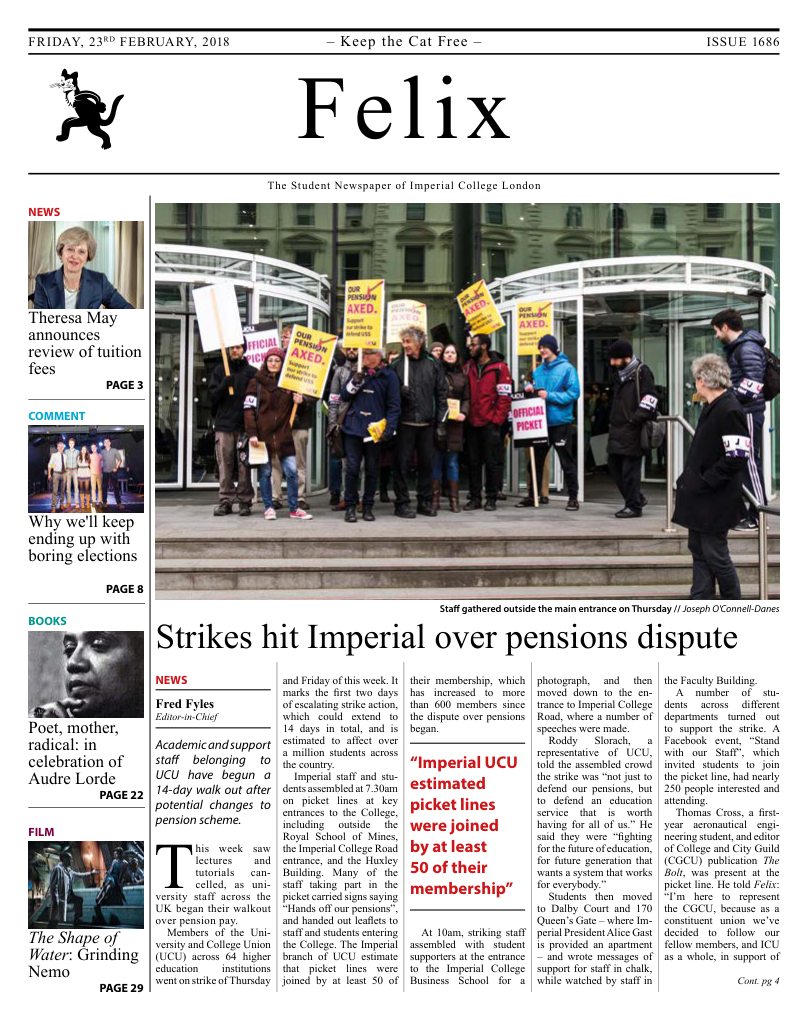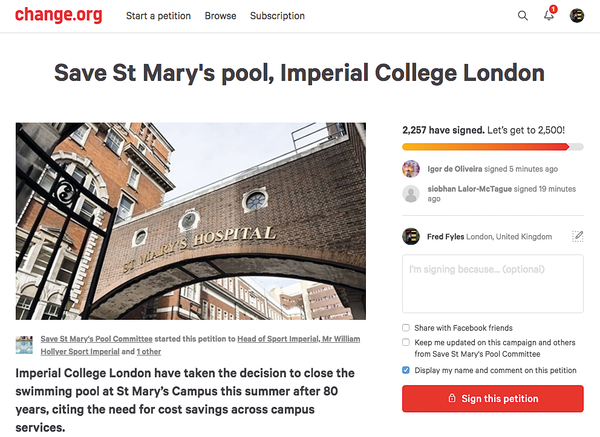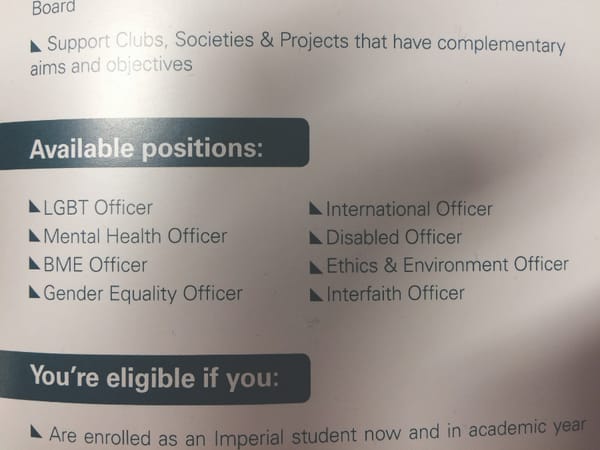Theresa May announces tuition fee review
The review could mean humanities degrees charge less.

Theresa May announced her planned review of post-18 education in a speech in Derby earlier this week.
Speaking at Derby College on Monday 19th February, May outlined her plans for the future of higher education, specifically potential changes to how courses at higher education institutions would be funded. She seemed to suggest that courses would charge variable amounts depending on their earning potential, a position later backed up by Education Secretary Damian Hinds.
A major review of funding in higher education was promised by the Conservatives last May, as part of their election manifesto. The move came amid increasing concern over the amount of debt faced by students in higher education, and the long-term sustainability of the current model. Currently, students leave university with £50,000 debt on average.
The review, which is chaired by Philip Augar, is set to run for a year. May’s speech contained suggestions at what possible outcomes might be. One of the most controversial plans would be to introduce variable fees for different courses, based on a number of factors, including the value the course has to the UK economy. In her speech, May said “the level of fees charged do not relate to the cost or quality of the course.”
This suggestion was supported by Hinds. Speaking on BBC Radio 4’s Today programme, he said “There are different considerations for courses. There is the cost to put it on, there’s the return to the individual, and there’s also the return to our economy and to society as a whole.”
If variable fees are introduced, it is likely that non-STEM subjects, which have lower graduate earning potential, will end up charging less for courses.
The move has attracted criticism from a number of sectors. Justine Greening, the former Education Minister, who was replaced earlier this year, suggested that changes would not do much to impact social mobility, and expressed concern that they may end up with “a system where young people from more disadvantaged backgrounds feel like they ought to do one of the cheaper degrees.”
Angela Rayner, the shadow education secretary, said: “charging more for the courses that help graduates earn the most would put off students from the most disadvantaged backgrounds from getting these same qualifications.”
Richard Adams, The Guardian’s education editor, said the move was “clear, simple, and wrong”, pointing out that some courses with the highest graduate earning potential were the cheapest to run, citing economics courses at institutions like LSE.
There are also concerns over the impact dropping tuition fees could have: an analysis by the London Economics consultancy firm has predicted that dropping fees to £6,000 across all courses would lead to a deficit of £1.169 billion per year.
May, who said her first speech in parliament had been on education reform, said “the need for [a new education system] has never been greater”
One outcome the government has made it clear they will not support, however, is complete removal of tuition fees, a promise Labour made in the run up to last year’s general election. Speaking in Derby, May said: “those who benefit directly from higher education should contribute directly towards the cost of it.” – a clear swipe at Labour’s policy.
Tuition fees have been a point of contention for the government for a number of years. In 2010, the cap of £3,225 was raised to £9,000 per year, which sparked large student protests. Initially, the government had predicted that a handful of the top-performing universities would raise their tuition fees to the maximum level, but the vast majority of higher education institutions now charge maximum fees.
In October, May announced plans to freeze tuition fees at a maximum of £9,250 per year, and raise the threshold at which loans must be paid back to £25,000. Originally, the government had planned to link rises in tuition fees with the Teaching Excellence Framework (TEF); universities with gold and silver ratings would have been able to raise their fees in line with inflation.
May also spoke about the challenges faced by students from lower socioeconomic backgrounds, highlighting that nearly 25% of students at top universities went to private school. Newly-released data showed Imperial was among the worst-performing universities in the UK in terms of state school admission, with only 63.5% of intake last year from state schools.










